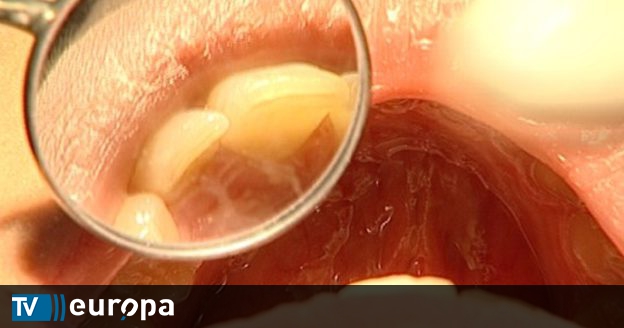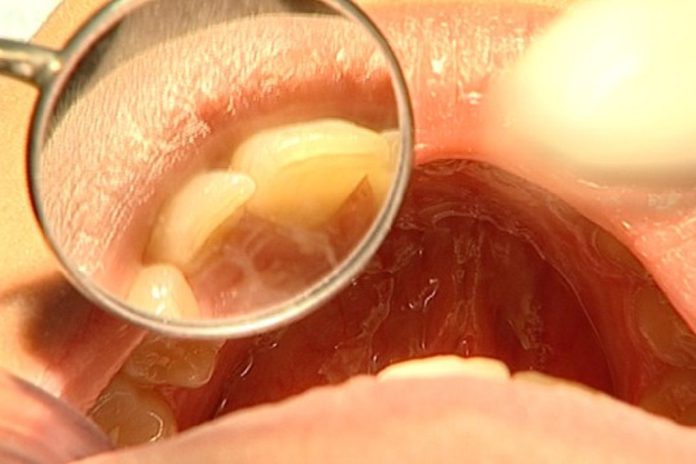Gingivitis, a gum disease, can cause a number of dental problems, such as bad breath, bloody gums, and tooth loss. But new research from Hiroshima University concludes that gum infections can also cause more serious health problems, such as heart disease.
The team of researchers described it, in an article published in JACC: Clinical Electrophysiologywhich was found in a group of 76 patients with heart disease who took part in the study, a significant association between periodontitis and fibrosis — scarring of one end of the heart’s left atrium that can lead to an irregular heartbeat called atrial fibrillation.
“Gingivitis is associated with inflammation over time, and inflammation plays a major role in the development of cardiac fibrosis and in the pathogenesis of atrial fibrillation,” said the first author of the study, cited by Hiroshima University, Shunsuke Miyauchi, of Hiroshima University. The University Health Services Center added: “We hypothesize that periodontitis exacerbates cardiac fibrosis. This histological study of the left auricular polyps aimed to clarify the relationship between the clinical state of periodontitis and the degree of cardiac fibrosis.
Left atrial polyps were surgically removed from the patients, and the researchers analyzed the tissue to determine the relationship between the severity of cardiac fibrosis and the severity of periodontal disease. They found that the worse the periodontitis, the worse the fibrosis, suggesting that gingivitis may increase inflammation and heart disease.
“This study provides essential evidence that periodontitis can exacerbate cardiac fibrosis and could be a new modifiable risk factor for atrial fibrillation,” said Hiroshima University researcher Yukiko Nakano, of the university’s Graduate School of Biomedical Sciences and Health.
According to Yukiko Nakano, in addition to improving other risk factors such as weight, activity levels, and tobacco and alcohol use, periodontal care can aid in the overall management of atrial fibrillation. However, he cautioned that this study did not establish a causal relationship, which means that while scores for the severity of gum disease and heart fibrosis appear to be correlated, the researchers did not find that one definitively leads to the other.
“More evidence is needed to show that periodontitis contributes causally to heart fibrosis and that periodontal care can alter fibrosis,” said Yukiko Nakano. “One of our goals is to confirm that periodontitis is a modifiable risk factor for atrial fibrillation and to promote the involvement of dental professionals in the comprehensive management of atrial fibrillation. Periodontitis is an easily modifiable and cost-effective target among the known risk factors for atrial fibrillation. Thus, conducting This series of studies could benefit many people around the world.”
The researchers indicate that they hope to conduct future clinical trials to clarify whether periodontal intervention reduces the incidence of atrial fibrillation and improves patient outcomes.

“Wannabe internet buff. Future teen idol. Hardcore zombie guru. Gamer. Avid creator. Entrepreneur. Bacon ninja.”


